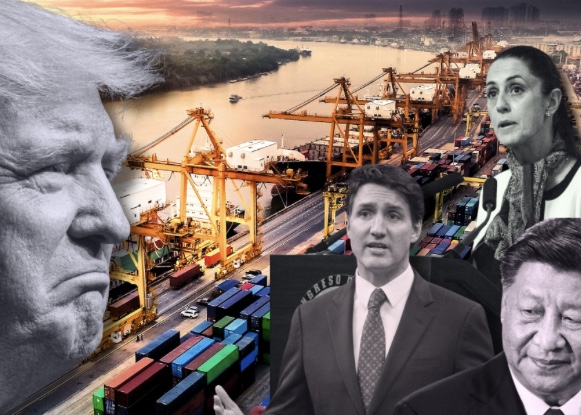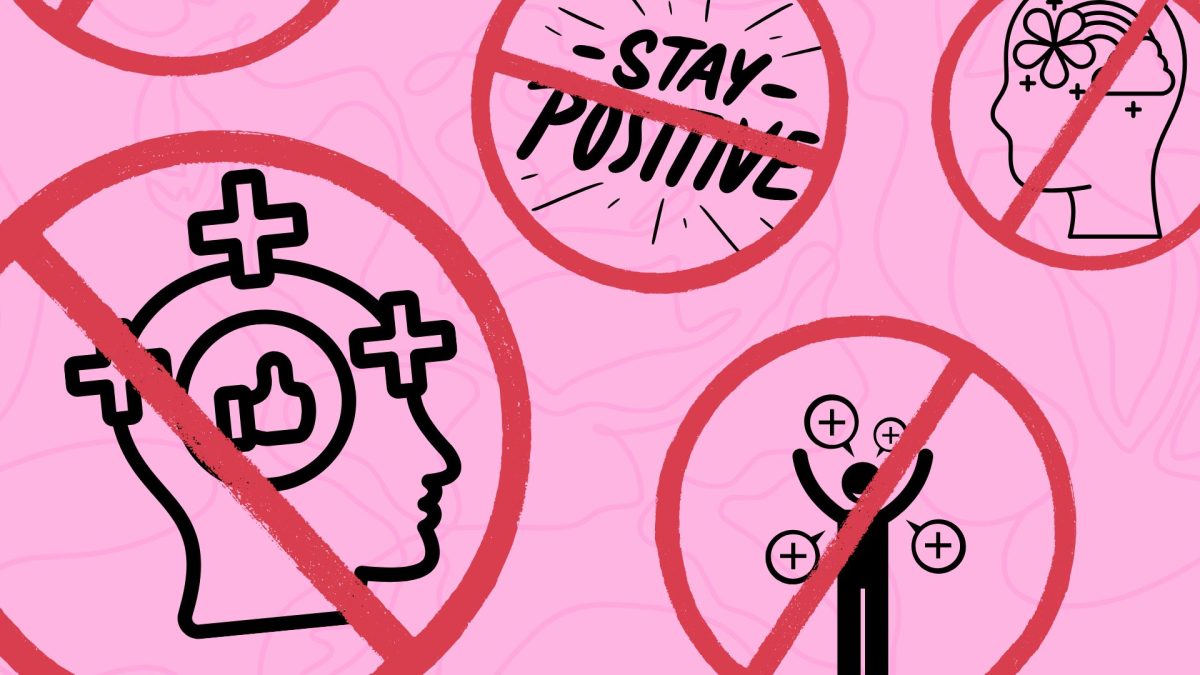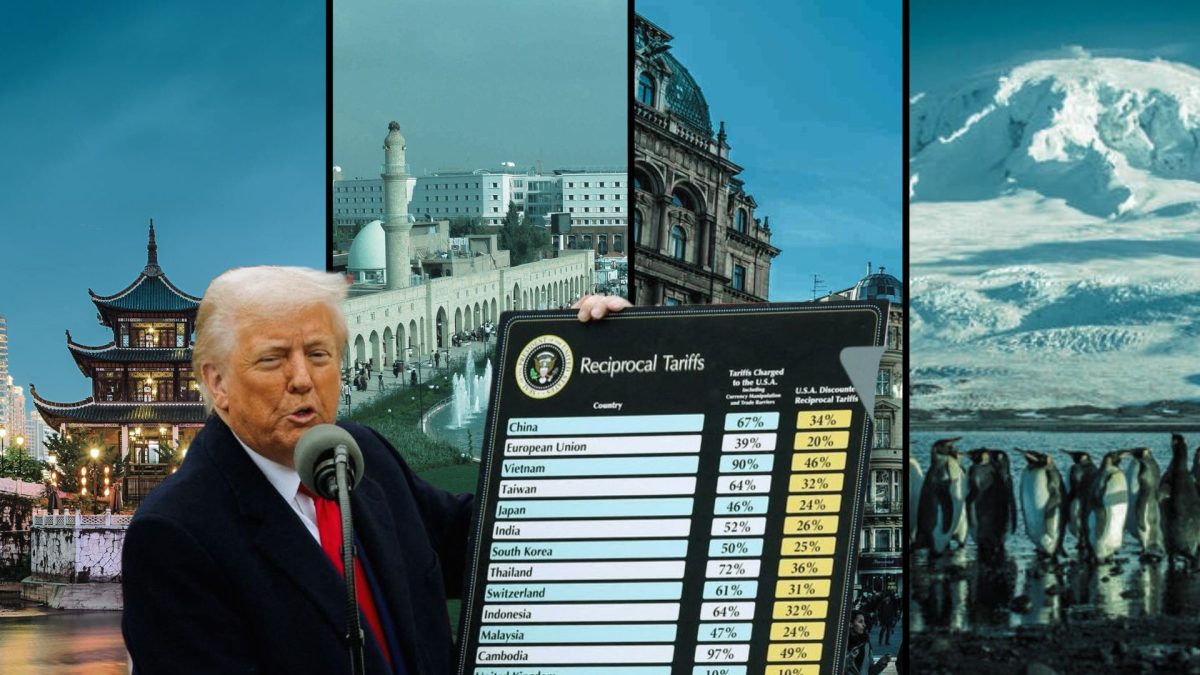Another year comes by, and a new president takes up the mantle. President-elect Donald Trump is set to take office in January, but he’s already made his plans for policy very clear for the voter base. In addition to picking new heads for government agencies and promising other policy plans, one idea of his has stood out among the rest: his plans for tariffs. As of him making his plans public in late November and early December, he’s announced that he’ll be placing tariffs on imports coming in from China, Mexico, and Canada. Needless to say, this has caused a massive stir considering this would not only hurt the affected countries, but it would absolutely hurt American consumers with increased prices on products. Not to mention that these moves would strain our relationship with these countries, especially with Mexico and Canada, who are some of our closest allies in North America.
I don’t think it needs to be said, but this is going to be very bad for not only our country’s international relations, but also for us at home. Because once the companies importing foreign manufactured goods start feeling the bite from tariffs, the most logical decision for them would be to raise prices in order to push that cost down to the consumer, making an already shaky economy even more expensive.But the question on many voters’ minds is: What even IS a tariff? Simply, a tariff is a tax thats placed on a country’s imports. So if a company has oversea factories and they want to import their products into the United States, they’ll have to pay the US government a tax. This makes overseas manufacturing more expensive and makes the exporting country lose revenue because it will cause companies to import less most of the time. The main idea behind the policy is to encourage companies to manufacture domestically to help stimulate the economy by adding an extra cost to imports. But the problem is that many major companies would much rather pay the tariff instead of refocusing their manufacturing to domestic, especially since the US has a lot more labor and safety regulations as supposed to some of the other countries that companies import from. And the outcome thats most likely to happen? Companies will just raise the prices for their products and push the cost of the tariff onto the consumer, making prices even HIGHER in an economy already struggling with inflation.
Not to mention the potential repercussions with our international standing with other countries affected by tariffs. With especially high tariffs, it will cause the countries that have them to want to trade with the US less due to the lost revenue, and could cause them to have a bad view of the US. This is especially worrying having strained trade relations with Canada and Mexico, two of our closest and most important allies in the western hemisphere. Our northern and southern neighbors have been very important trade partners with us, especially with the trade deals we have with them that influence a sizable amount of our revenue. With the increased tariffs, it could potentially lead to them trading with America less, which could cause even more economic hardship.
The biggest danger of all with this policy is that many in the country don’t even know this. Many people who voted for Trump didn’t even know what a tariff was, and even less understood how it would affect them. The day after the election, google searches for “What is a tariff” had peaked, showing the extent of how little people actually know. People need to be educated about tariffs and what their consequences can be, or else they’ll be caught off guard once prices inevitably rise. This proposed policy of tariffs and threats will only cause harm, not only to the tariffed nations, but to us. And we’ll have to be ready to face the consequences.








